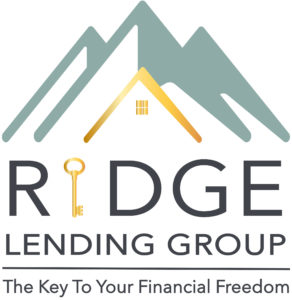Title: Navigating the Norm: A Spotlight on Conventional Loans in Real Estate Investment
In the vast landscape of real estate financing, conventional loans shine as a steadfast and familiar option for investors. These loans, backed by private lenders rather than government entities, form a cornerstone of real estate investment. In this article, we cast a spotlight on conventional loans, exploring their features, advantages, and how they can empower investors in their pursuit of property ownership and wealth-building.
Understanding Conventional Loans: A conventional loan is a mortgage not guaranteed or insured by a government agency, such as the Federal Housing Administration (FHA) or the Department of Veterans Affairs (VA). Instead, these loans are originated and funded by private lenders, offering borrowers a versatile and standardized financing solution.
Key Features and Benefits:
- Flexible Property Options: Conventional loans can be used for a variety of property types, including single-family homes, multi-unit properties, condominiums, and more.
- Down Payment Variability: While conventional loans traditionally require a larger down payment compared to government-backed loans, the percentage can vary based on the borrower’s creditworthiness and the lender’s terms.
- Avoiding Mortgage Insurance: If the borrower provides a down payment of 20% or more, they can often avoid private mortgage insurance (PMI), reducing the monthly mortgage payment.
- Competitive Interest Rates: Conventional loans often come with competitive interest rates, making them an attractive option for borrowers with strong credit profiles.
- Loan Limits: Conventional loans typically have higher loan limits compared to government-backed loans, allowing borrowers to access larger financing amounts for higher-priced properties.
- Property Investment: Conventional loans can be used to finance non-owner-occupied investment properties, catering to the needs of real estate investors.
Qualification Requirements:
- Credit Score: Conventional loans generally require a higher credit score compared to government-backed loans. A solid credit history is essential for securing favorable terms.
- Debt-to-Income Ratio: Lenders evaluate borrowers’ debt-to-income ratio to assess their ability to manage monthly payments. A lower ratio increases the likelihood of loan approval.
- Documentation: Borrowers need to provide thorough documentation of their financial history, including income, assets, employment history, and more.
Navigating Conventional Loans in Real Estate Investment:
- Investment Properties: Conventional loans can be an excellent choice for investors seeking to finance non-owner-occupied properties, enabling them to expand their portfolios strategically.
- Long-Term Investment: For investors planning to hold properties over an extended period, conventional loans can offer stable, fixed-rate financing solutions.
- Property Renovations: Investors looking to purchase properties in need of renovation can utilize conventional loans for both the property purchase and renovation costs.
Conventional loans serve as the bedrock of real estate investment financing, offering versatility, competitive rates, and flexibility to investors. As investors navigate the intricate world of property acquisition and wealth-building, understanding the nuances of conventional loans empowers them to make informed decisions aligned with their goals. Before committing to any financing arrangement, investors should conduct thorough research, consult with mortgage professionals, and assess their financial readiness to ensure a successful investment journey.


